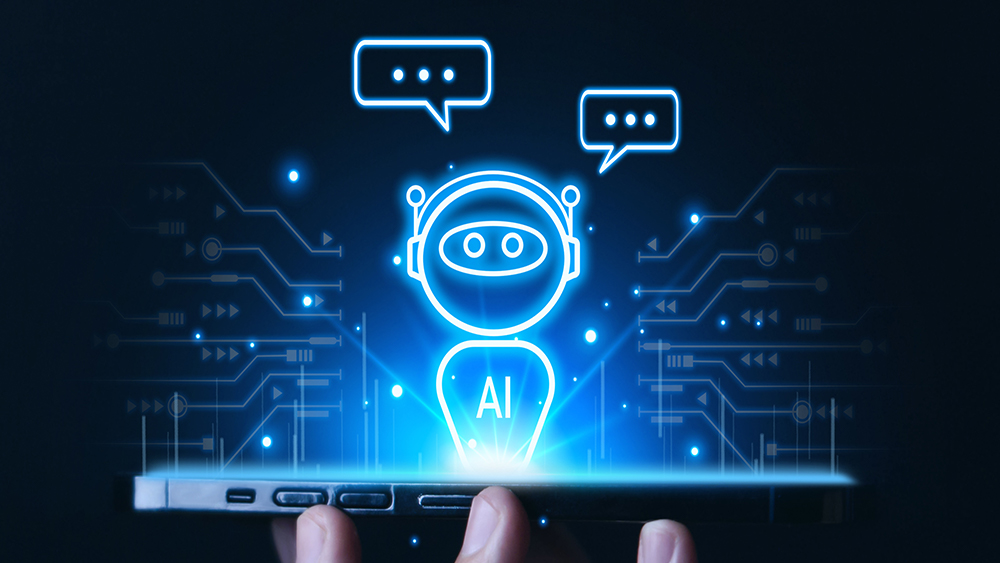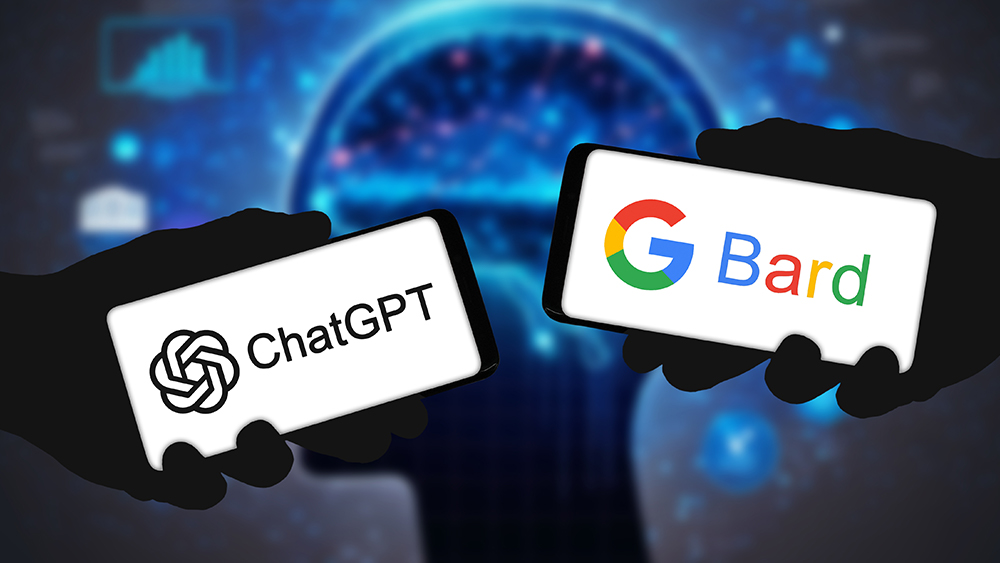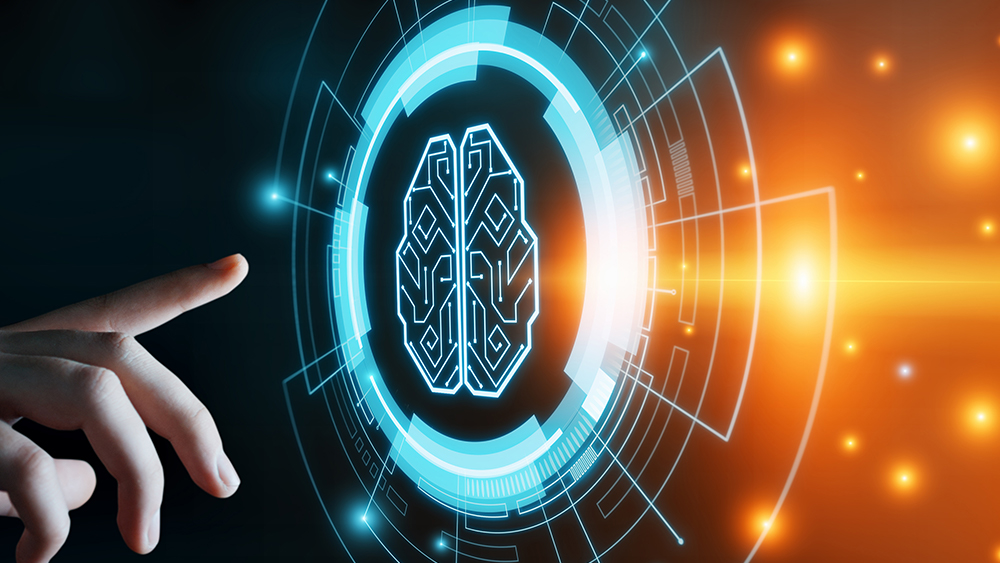
A self-described "futurist" and former engineer at tech giant Google has predicted that humans will achieve immortality by the year 2030.
Ray Kurzweil, author of the book "The Singularity Is Near," made this prediction. He also predicted that in 2029 – a year before this target date of human immortality – artificial intelligence (AI) will be able to pass the Turing test. Devised by British computer scientist Alan Turing, the test seeks to determine if a machine can exhibit intelligent behavior in the same manner as a human being.
Kurzweil argued that the world is rapidly approaching a moment where AI surpasses human intelligence, a moment he dubbed "singularity."
The futurist based his prediction on his observations of the exponential growth in various fields of science and technology such as genetics, nanotechnology and robotics. Advances in the latter two will culminate in the development of "nanobots" that will repair cells damaged by aging. These nanobots would effectively make humans immune to diseases such as cancer, Kurzweil said.
Moreover, he added that connecting machines to human brains will help humans think better and become smarter. Brain-computer interfaces will open up the possibility of uploading the human consciousness into digital form, effectively achieving immortality.
Kurzweil was hired by the Mountain View, California-based technology company in 2012 to "work on new projects involving machine learning and language processing." But even before he joined Google, Kurzweil had been making predictions about advances in technology – even arguing that 86 percent of his 147 predictions came true.
Human knowledge is under attack! Governments and powerful corporations are using censorship to wipe out humanity's knowledge base about nutrition, herbs, self-reliance, natural immunity, food production, preparedness and much more. We are preserving human knowledge using AI technology while building the infrastructure of human freedom. Use our decentralized, blockchain-based, uncensorable free speech platform at Brighteon.io. Explore our free, downloadable generative AI tools at Brighteon.AI. Support our efforts to build the infrastructure of human freedom by shopping at HealthRangerStore.com, featuring lab-tested, certified organic, non-GMO foods and nutritional solutions.
In 1990, he said the world's best chess player would lose to a computer by 2000 – which materialized in 1997 when IBM's Deep Blue beat grandmaster Garry Kasparov. In 1999, Kurzweil predicted that most of the world would have access to high-bandwidth wireless internet by 2010. He also foresaw that a $1,000 laptop would have computing power and storage capacity equal to that of the human brain.
Tech leaders warn: The world ISN'T READY for AI just yet
Kurzweil is not alone in his sentiments, however. Masayoshi Son, the CEO of Japanese technology giant SoftBank, predicted back in 2017 that super-intelligent machines will ridicule humanity by 2047.
"Thirty years from now, [AI-powered machines] are going to learn by themselves," Son said during the Future Investment Initiative that year in Saudi Arabia. "They are maybe going to laugh at you and us."
Softbank Robotics already has Pepper, a semi-humanoid robot that is designed with the ability to read emotions. It was introduced in June 2014 at a conference and was later showcased in SoftBank Mobile Phone stores in Japan.
Meanwhile, tech giants Google and Microsoft have also started introducing their AI-powered chatbots, which received backlash from the public. (Related: Google suspends engineer for exposing "sentient" AI chatbot.)
However, not everyone is receptive to the idea of AI. Even technology bigwig Elon Musk himself recently called for AI labs to suspend development of their platforms, citing "profound risks to society and humanity."
A group of tech leaders, researchers and professors also penned a letter addressed to San Francisco-based OpenAI, which developed the ChatGPT chatbot. The letter came two months after OpenAI announced GPT-4, a more powerful version of its flagship AI platform.
"Advanced AI could represent a profound change in the history of life on Earth, and should be planned for and managed with commensurate care and resources," the letter said. "Unfortunately, this level of planning and management is not happening, even though recent months have seen AI labs locked in an out-of-control race to develop and deploy ever more powerful digital minds that no one – not even their creators – can understand, predict or reliably control."
Visit Transhumanism.news for more stories about technology transforming humans into something else.
Watch Ray Kurzweil discuss his disruptive technologies and dangerous ideas in this 2017 interview.
This video is from the Sheep Farm Studios channel on Brighteon.com.
More related stories:
DEAD RISING: AI-powered ChatGPT to connect the living and the dead.
AI-powered bot successfully requested refund from Wells Fargo using FAKE voice.
AI likely to WIPE OUT humanity, Oxford and Google researchers warn.
Sources include:
Please contact us for more information.




















